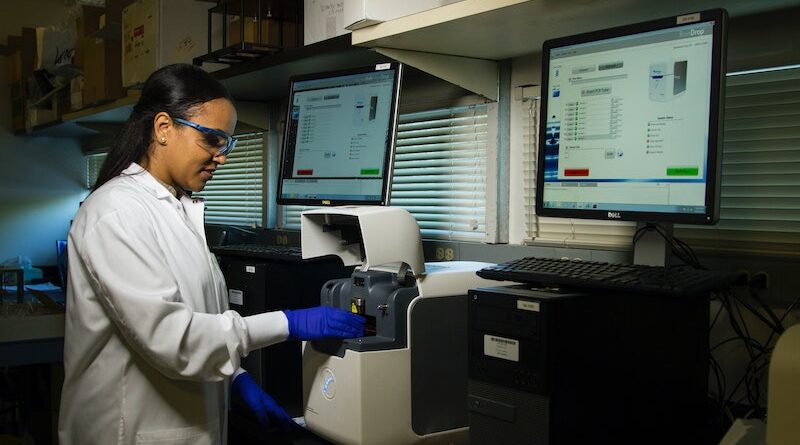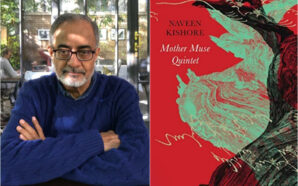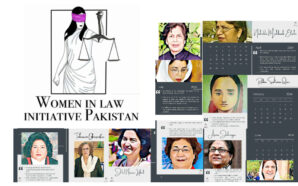An Ananke's Empower Program Project
When you hear the word ‘scientist’ the image that pops into your mind first is most likely that of a man, right? It takes a bit of a second for you to rewire your thoughts (if at all you do) and think that a scientist could also be a woman. The fact that the field has been male-dominated for a long time has made it ‘normal’ to assume that only men are good at it. They are there in numbers, after all. When we look at the definition of the word ‘science’, there is nothing gender-specific about it. The Science Council defines science as “the pursuit and application of knowledge and understanding of the natural and social world following a systematic methodology based on evidence.”
Based on this definition, anyone should be able to study it and be good at it. Yet for some reason, women are thought to be bad at science; a narrative that is perpetuated from a young age. Perhaps the only science that has been associated with women for the longest time is “home science.” A subject that teaches women to be great homemakers; learn how to cook and sew, among other things. In fact, when you do a quick Google search of the term ‘home science’, after the first definition, all other results yield a definition of the term ‘domestic science’. It seems as if it is ingrained that anything involving women must include domestic roles.
As UNESCO points out, “too many girls and women are held back by biases, social norms and expectations influencing the quality of the education they receive and the subjects they study. They are particularly under-represented in science, technology, engineering and mathematics (STEM) education, and consequently, in STEM careers.” This underrepresentation can clearly be witnessed in Africa, where women represent more than half of the continent’s population, yet only about 18 to 31 per cent of women are in science research. Studies reveal that the issue of the underrepresentation of women in science is not just unique to Africa as it affects other continents as well. Globally, less than 30 per cent of researchers are women, and only about 30 per cent of female students choose to enter a field related to STEM disciplines. On the issue of gender disparity, UNESCO further shares, “this gender disparity is alarming, especially as STEM careers are often referred to as the jobs of the future…”
Will the future still be female though?
One of the goals of the African Union’s Agenda 2063 is to attain full gender equality in all spheres of life through the empowerment of girls and women. It is, therefore, necessary, now more than ever, to break the barriers stonewall inclusion of women in science.
Stephanie Okeyo from Kenya is just one of the many examples of women who are breaking these barriers across the continent to ensure that more and more girls are getting into science. Stephanie is a microbiologist and science communicator by profession and believes in empowering young girls to join science so as to promote gender equality in the field. In 2019, she was listed as one of the 30 and under women breaking barriers in STEM. She is also the founder of Under The Microscope, a non-profit organization that advances science and innovation in the continent through education, societal engagement and research. Using this approach, Under The Microscope aims to encourage the consumption of African scientific research and the development of homegrown solutions to address challenges facing the African continent.
Like Stephanie, there are many other women across the continent who are leaving their mark in science and should be recognised for the work that they are doing. Julie Makani, a medical researcher and Professor of Hematology from Tanzania, was recently honoured by the French Embassy in Tanzania for her work in researching the treatment of sickle cell disease. Makani is one of the few experts on sickle cell disease; a disease that is a great burden for the continent due to the high mortality rate, especially in children.
Many examples of women trailblazing in scientific fields can be given, who are actively working towards achieving gender equality in their various lines of work. That said, one cannot help but wonder if the future is still female. As long as the narrative of referring to a ‘future’ time continues, there is always room to push it further and further away.
There is a sense of urgency that is lacking each and every time one thinks of the future as the only time women deserve to occupy. How about having a perspective right now, in the present?
To encourage more women in science, it is time to stop casting women who pursue paths that have been dominated by men, as those who have chosen the ‘unconventional’ way.
Photo by National Cancer Institute on Unsplash











